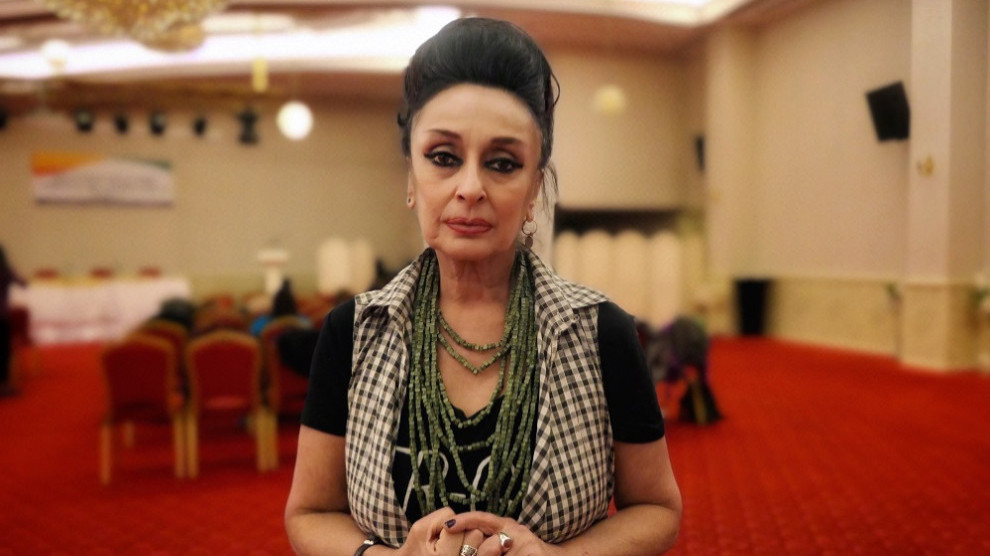On Tuesday (22 November), Prime Minister Recep Tayyip Erdogan announced the conditions of shortened military service through payment. Males 30 years of age or older will soon be entitled to apply for paid military service.
They will have to pay TL 30,000 (€13,000) and will not receive basic military training.
Commenting on the news, Bianet underlined that “people who have lived abroad for at least three years will be able to benefit from paid military service by paying € 10,000. They will be exempt from basic military training and are not dependent on any age limit. The regulation will go into force once it will have been published in the Official Gazette”.
Erdogan also mentioned conscientious objection and said that this issue was not on the government’s agenda.
On the very same day, the European Court of Human Rights (ECHR) declared a landmark ruling on conscientious objection in Turkey. For the first time, the Turkish government was sentenced on the grounds of the right to conscientious objection.
The ECHR found the Turkish government guilty of a breach of Article 9 of the European Convention on Human Rights regarding the right to freedom of thought, conscience and religion. The decision came upon the application of Yunus Erçep filed in 2004.
“The European Court of Human Rights held, unanimously, that there had been: A violation of Article 9 (right to freedom of thought, conscience and religion) of the European Convention on Human Rights and, a violation of Article 6 (right to a fair trial) of the Convention. The case concerned the refusal by the applicant, a Jehovah’s Witness and conscientious objector, to perform military service for reasons of conscience”.
“Under Article 41 (just satisfaction) of the Convention, the Court held that Turkey was to pay the applicant 10,000 euros (EUR) in respect of non-pecuniary damage and EUR 5,000 in respect of costs and expenses.
ECHR reminded that “conscientious objection” is a right

